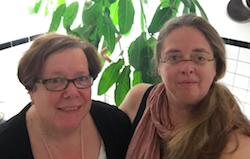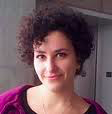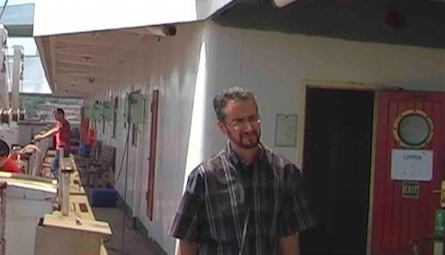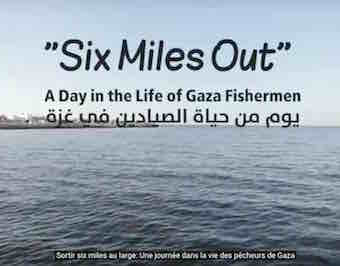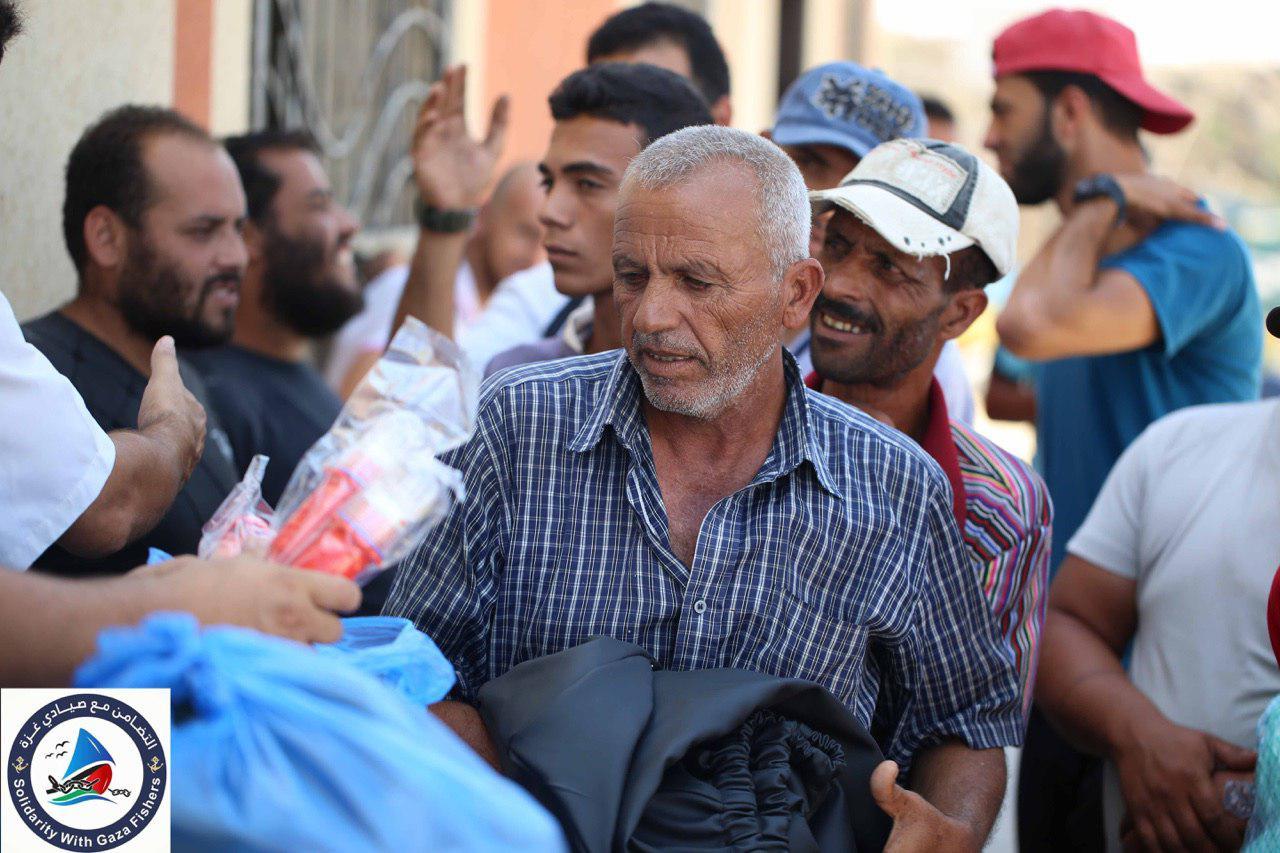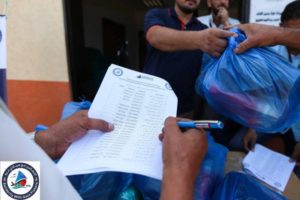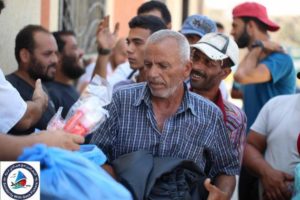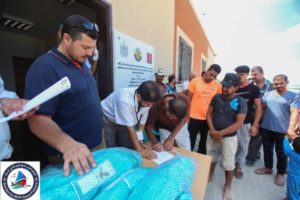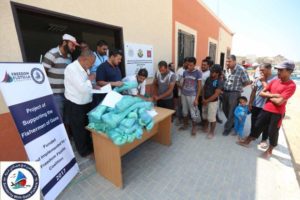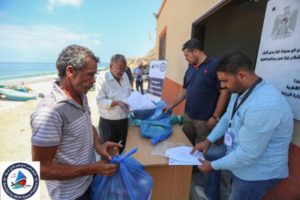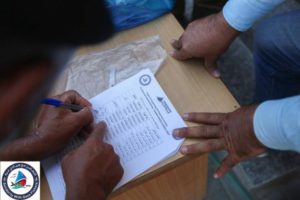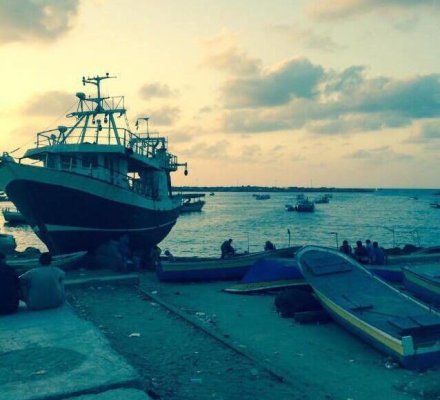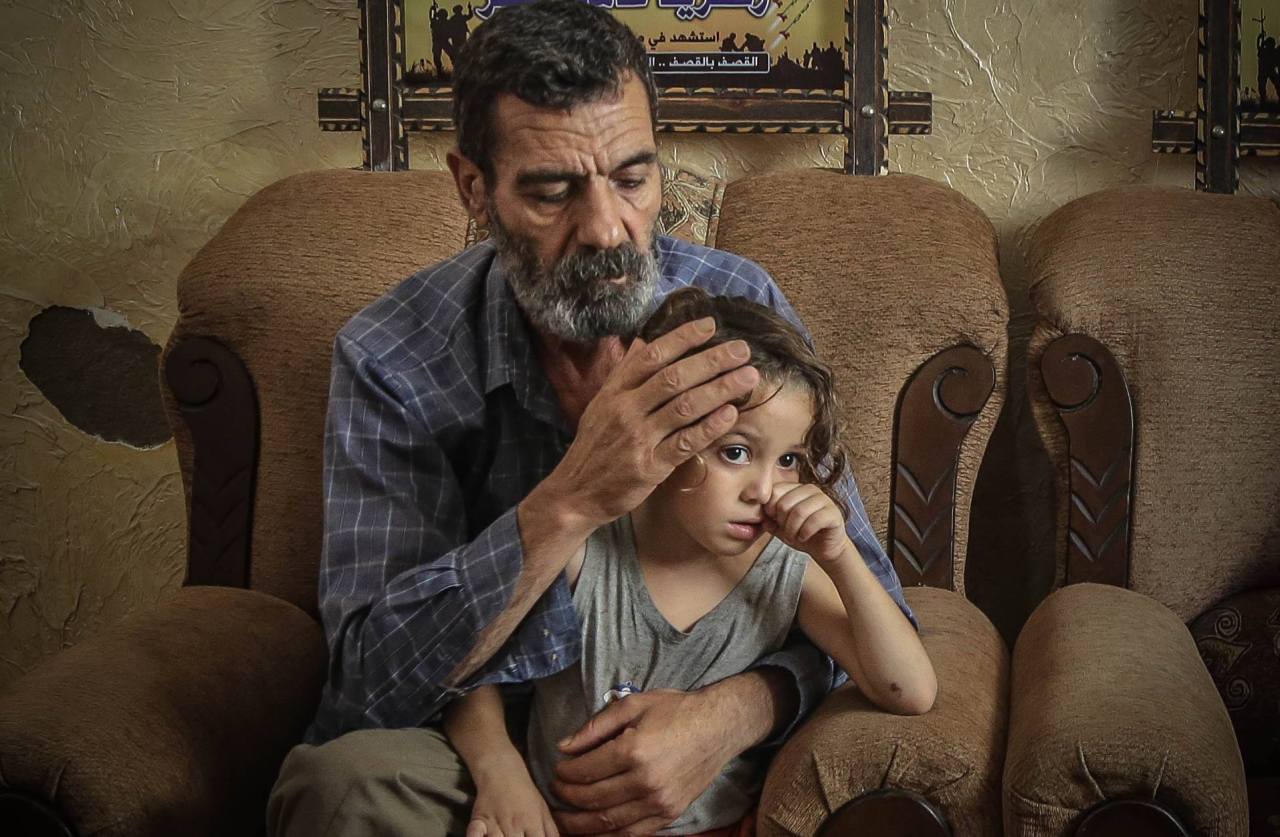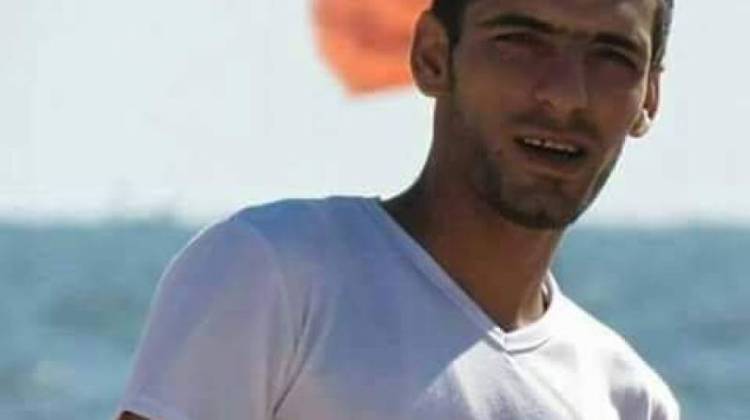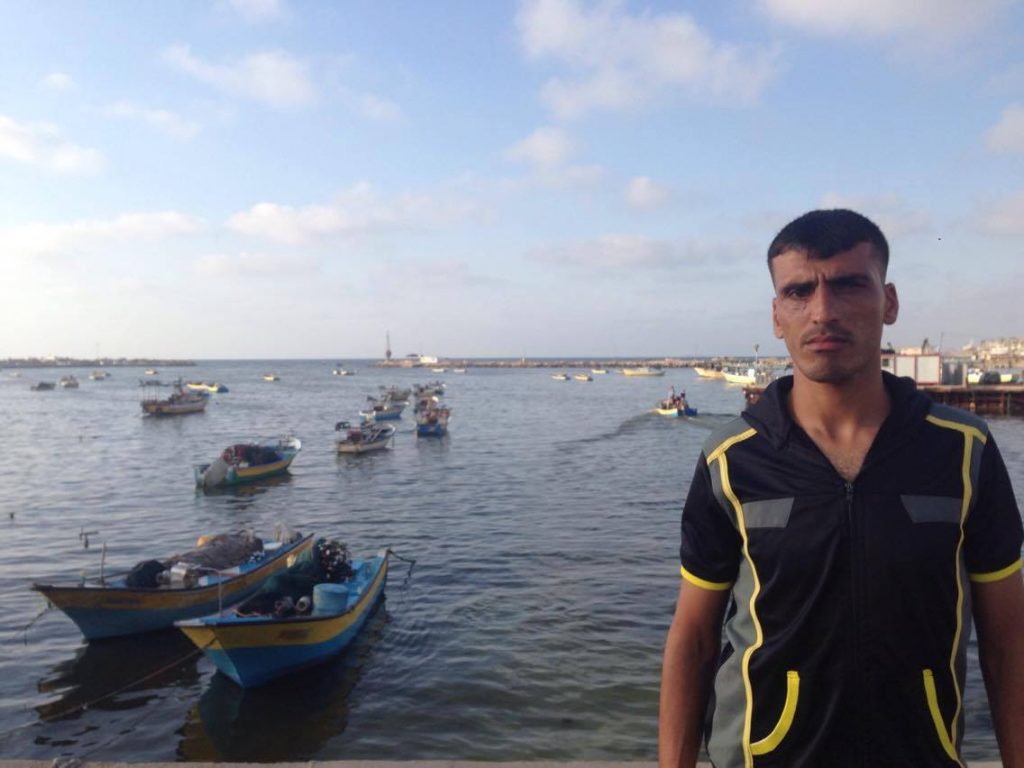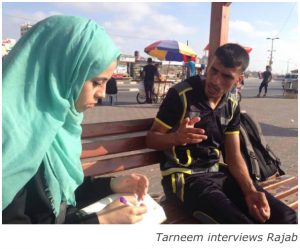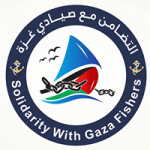le texte français suit*
Two Former New Democrat MPs, and the Publisher of Rabble now endorse our 2018 campaign to end the blockade of Gaza:
"Ending the blockade and human suffering in Gaza is an urgent human rights issue that must concern us all. Having visited Gaza in 2009 we know first hand the impact of the blockade on civil society. The International Freedom Flotilla in 2018 strives to bring the world's attention to the deteriorating situation. We support the aims for peace and justice for the Palestinians of Gaza."
Libby Davies Former Member of Parliament, Vancouver East, 1997-2015. Former Deputy Leader, New Democratic Party.
Kim Elliott, Publisher, rabble.ca
"I would like to thank all those involved in the Canadian Boat to Gaza and to wish them well in this important mission. It is important to continue to bring attention to this illegal blockade. It is my hope that the Israeli authorities will welcome the Freedom Flotilla mission and guarantee freedom of movement for the Palestinian people. I would also like to encourage the Government of Canada to offer support to those courageous Canadians taking part in this important endeavour."
Alex Atamanenko
Member of Parliament, B.C. Southern Interior, 2006-2015.
The Canadian Boat to Gaza campaign needs your support in order to participate in the Freedom Flotilla 2018 sailing For a Just Future for Palestine.
You can donate online (canadaboatgaza.org/donate) or by postal mail. Make out cheque or money order to Turtle Island Humanitarian Aid and mail it to:
Canadian Boat to Gaza
PO Box 1950, London Stn. B
London, Ontario N6A 5J4
CANADA
(Note: like many of our sister organizations, we would prefer to move away from dependence on PayPal for online donations. At this point, we are pleased to accept e-Interac transfers from Canadian bank accounts, and we hope to announce other payment methods soon. Please e-mail us if you have questions about this).
Some (especially those who can benefit from a charitable tax receipt in the US) may wish to donate through the US Boat to Gaza page:
https://2018boatstogaza-nonvio
In other parts of the world, please consider donating through one our other partner campaigns in the Freedom Flotilla:
https://sgf.freedomflotilla.or
Whether your can donate financially or not, please help us spread the word about our campaign:
- share our messages with your family, friends and/or work colleagues and encourage them to join our mailing list;
- send an endorsement message from your association, union, congregation or political party;
- organize and attend events to raise funds and awareness for our campaign;
- join a Freedom Flotilla campaign near you and encourage others to do so;
- follow us on the web, Facebook, Twitter (see below), and (new!) Instagram, and share our posts widely.
Twitter: @CanadaBoatGaza @GazaFFlotilla
www.facebook.com/CanadaBoatGaz
www.facebook.com/BateauCanadie
www.facebook.com/FreedomFlotil
*francais:
Deux anciens députés néodémocrates et l'éditrice de Rabble.ca soutiennent notre campagne pour mettre fin au blocus de Gaza:
"Mettre fin au blocus ainsi qu'à la souffrance humaine à Gaza constitue un enjeu humanitaire urgent qui doit nous concerner tous et toutes. Ayant visité Gaza en 2009, nous connaissons de nos propres yeux l'impact du blocus sur la société civile. En 2018, la Flottille de la Liberté internationale s'efforce à attirer l'attention du monde sur cette situation qui se détériore. Nous appuyons les objectifs de paix et de justice pour les Palestiniennes et le Palestiniens de Gaza."
Libby Davies, ancienne députée, Vancouver Est, de 1997 2015. Ancienne Leader adjointe, Nouveau Parti Démocratique.
Kim Elliott, Éditrice, rabble.ca
"Je tiens à remercier tous ceux et toutes celles qui oeuvrent au sein du Bateau canadien pour Gaza, à leur souhaiter bon vent pour cette mission importante en 2018. C'est important de continuer à attirer l'attention sur ce blocus illégal. Mon souhait c'est que les autorités israéliennes accueilleront bien la mission de la Flottille de la Liberté et garantiront la liberté de mouvement pour le peuple palestinien. J'aimerais aussi encourager le gouvernement canadien à offrir leur appui aux personnes courageuses du Canada qui participent à cet effort important."
Alex Atamanenko
Ancien député (NPD), C.-B. Southern Interior, 2006-2015.
La campagne du Bateau canadien pour Gaza a besoin de votre soutien afin de participer dans la Flottille de la Liberté 2018, quand on naviguera pour un Avenir Juste pour la Palestine.
Vous pouvez faire un don en ligne, (canadaboatgaza.org/donate) ou par chèque à la poste. Il faut libeller votre chèque ou mandat postal au nom de: Aide humanitaire Île de la Tortue et l'envoyer à:
Bateau canadien pour Gaza
PO Box 1950, London Stn. B
London, Ontario N6A 5J4
CANADA
(Nota bene: comme beaucoup de nos alliés, nous aimerions réduire notre dépendance sur PayPal pour les dons en ligne. En ce moment, nous sommes heureux d'accepter les virements par e-Interac à partir des comptes bancaires canadiens, et nous espérons annoncer bientôt d'autres méthodes pour effectuer les paiements. Veuillez nous contacter par courriel si vous avez des questions à cet égard).
Certaines personnes (en particulier celles qui peuvent bénéficier d'un reçu d'impôt aux É-U, pourraient vouloir faire un don par le biais de cette campagne-là:
https://2018boatstogaza-nonvio
Depuis d'autres parties du monde, vous pouvez faire un don par le biais des sites de nos partenaires:
https://sgf.freedomflotilla.or
Que vous puissiez ou pas nous soutenir financièrement, veuillez nous aider à diffuser notre campagne:
- partagez nos messages avec votre famille, vos amis, et/ ou vos collègues de travail, et encouragez-les à s'abonner à notre liste de courriel;
- envoyez un message de soutien de la part de votre association, votre syndicat, votre congrégation ou votre parti politique.
- organisez et assistez à des événements afin de lever des fond et de conscientiser les gens aux objectifs de notre campagne;
- inscrivez-vous à une campagne de la Freedom Flotilla à proximité de vous, et encouragez les autres à encouragez d'autres personnes à le faire aussi; et
- suivez-nous sur le web, sur Facebook, Twitter (voir ci-après), et (nouveau!) Instagram, et partager nos billets largement.
Twitter: @CanadaBoatGaza @GazaFFlotilla
www.facebook.com/CanadaBoatGaz
www.facebook.com/BateauCanadie
www.facebook.com/FreedomFlotil
—
Canadian Boat to Gaza: www.canadaboatgaza.org email: canadaboatgaza@gmail.com
Bateau canadien pour GAZA: www.canadaboatgaza.org courriel: canadaboatgaza@gmail.com

